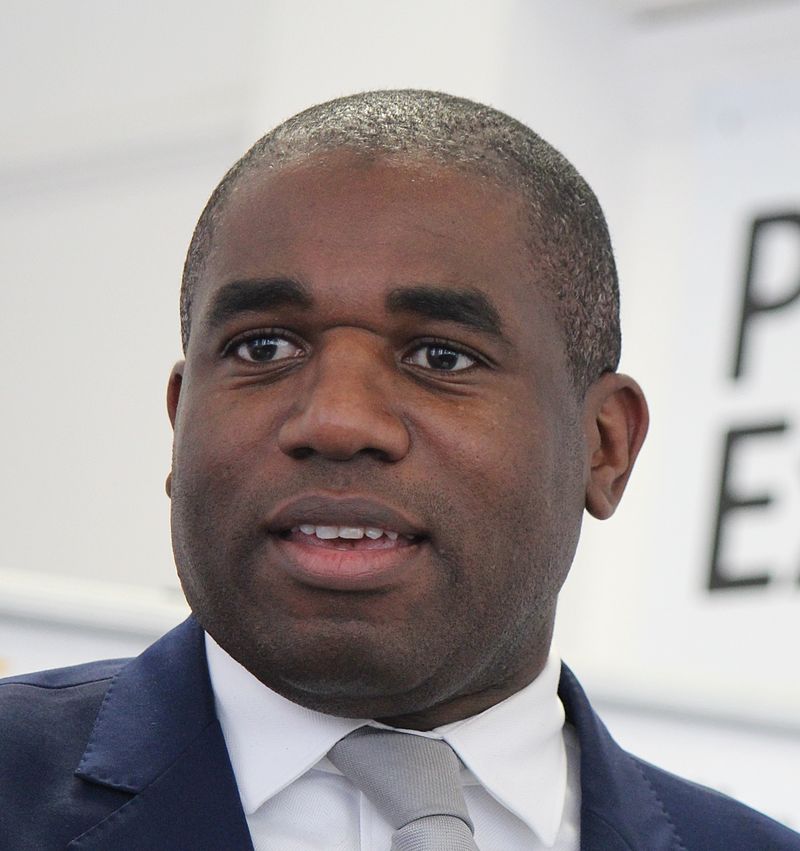David Lammy – 2023 Speech on the Situation in Sudan
The speech made by David Lammy, the Shadow Foreign Secretary, in the House of Commons on 17 April 2023.
The violence being inflicted on the Sudanese people is heartbreaking: the Sudanese people want peace, not violence. I am very grateful to the Minister for advance sight of his statement. They want calm, not fear, and they want a full transition to civilian-led Government, not conflict, but the hopes of the Sudanese people have yet again been smashed by the self-interest of a few generals.
The violence comes after months of faithful negotiations and a consistent commitment to peaceful demonstrations in the face of hardship and brutal repression. As of this morning, almost 100 civilians have been killed, including three World Food Programme workers. The violence is spreading across the country, and an already dire conflict could get even worse. Hospitals are running out of crucial supplies, aid access is now severely limited and there was already a food crisis across Sudan.
The UK has a special responsibility as the penholder for Sudan in the United Nations Security Council. We now need a plan for worst-case scenarios, including famine. We need regional international partners to join our calls for an immediate end to hostilities and to refrain from any action that could fuel the violence. I note the Foreign Secretary’s joint statement alongside Secretary Blinken this morning, of course, and I hope that the Government are sending the same message loud and clear to our partners in the Gulf and north Africa, as well as to those who may wish to exploit this tragedy.
One issue could be at stake: whether Russia is given its long-desired Red sea military base at Port Sudan. What is the Minister’s assessment of the risk that Russia, the Wagner Group or Eritrea will take advantage by backing the RSF? We need to face the reality that, if there is no ceasefire and no quick victory for either side, the conflict could spread and intensify further in Darfur, the south and the eastern regions. If that happens, the risks of mass atrocities and of regional destabilisation will increase. This year is the 20th anniversary of the start of the acts of genocide in Darfur. The lack of accountability and resolution for those crimes against humanity is part, of course, of today’s conflict, and we must do all we can to avoid the risk that such abuses will return, as the scale of the consequence would be great.
The integrated review refresh announced the abolition of the conflict, stability and security fund and that its replacement, the UK integrated security fund, would merge national and international security. I ask the Minister: how will the new UKISF engage with the situation in Sudan?
Chad, the Central African Republic, Libya and South Sudan are all vulnerable to spreading violence and are ill-prepared to cope with massive further flows of refugees. There are welcome steps towards an African-led mediation, with the African Union chairperson and the Presidents of South Sudan, Kenya and Djibouti all expected in Khartoum now for that to take place.
The whole House will recognise that this is a crisis of great severity and urgency. The risks to life and regional security are massive. We must clearly work together across this House with our allies, partners and through the UN to do all we can to end this brutal violence. The Sudanese people’s dreams of long-term peace must now be realised.
Mr Mitchell
I thank the shadow Foreign Secretary for his words, the tone of his comments and the advice he has eloquently given. I also thank him for what he said about the dreadful disaster of the deaths of the humanitarian workers and standing in solidarity, as we all do, across the House, about that.
The right hon. Gentleman asked about the UN. As he rightly said, we hold the pen and there is a meeting later today. He asked about the messages that have been given. He will know that both the Troika and the Quad are engaged in this, as the Foreign Secretary said this morning. In respect of Russia and other regimes, we are of course watching very carefully any response from other members of the international community.
The right hon. Gentleman rightly mentioned what happened in Darfur. I first went to Darfur in 2005 to see for myself what George Bush, the President of the United States, referred to as a genocide then, and we are living today, as the right hon. Gentleman said, with many aspects of its legacy. Both the SAF and the RSF are again showing total disregard for the will and hopes of the Sudanese people, who deserve so much more and so much better.


